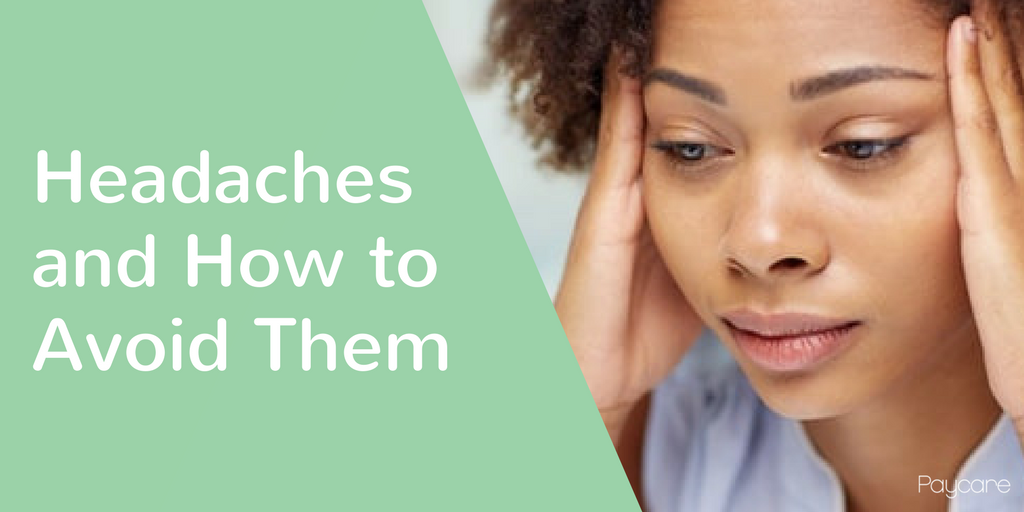Whether you get headaches very frequently or once in a blue moon, and whether they range from a slight dull ache to a throbbing, unbearable pain – they happen to most of us, and they can impact our daily lives massively.
The NHS, as well as many other sources, claim that headaches can be caused by a variety of different environmental, physical, emotional and dietary factors – from the food we eat, our hormone cycles, stress and tiredness, weather and lighting conditions, and activity levels. Even down to the type of perfume that we wear!
So with all of these things to consider, headache sufferers often have a hard time determining what exactly is their trigger (or combination of triggers) – making it difficult to know what to change to prevent them from happening in the first place.
Not only that, but sufferers know all too well the often debilitating impact that headaches can have on their mood, productivity, and feeling of overall wellness. Sometimes, they may impact you only slightly, meaning that your usual focus is reduced and your daily tasks take slightly longer. Or, they can be so bad that you need to go home and lay in a dark room or go to sleep, sometimes even progressing to a migraine.
So what can you do to prevent headaches, how do you find out your triggers, and what can you do to make things easier when you have one?
Prevent Them
Eyesight | Have you had your eyes tested recently? Is a question that you’ll often get asked by someone who knows you regularly suffer from headaches. It may be that you need to update your prescription, as your current glasses may be too strong or too weak for your eyes, or that you need to start wearing glasses. And if this is a daunting thought, or if they’re not suitable for your type of job, don’t forget that contact lenses are a popular alternative to glasses – both of which can be claimed back via your Paycare plan.
Exercise | A lack of exercise can mean the muscles in your neck and back can become tense, and stress-related chemicals build up in your body – both of which can be major contributing factors for headaches. Be mindful of your current activity level and try to keep active throughout your day and week (and if you need ideas for how you can do this, do check out our previous blog)
Stress | Having some stress in our lives is natural and healthy – leading us to become more focused and driven to a goal. However, if you are stressed a lot, and over a long period of time, it can have a negative impact on our overall health and wellbeing (making us tired, burnt out and feeling deflated). Stress can cause tension headaches, and when you carry it with you through your working week, can manifest when you allow yourself a break at the weekend. Remember to take some time for you, and focus on reducing your stress levels.
Monitor Them
Tracking | Using good old pen and paper, or even an app on your phone, be sure to track your headaches and rate them from a 1 – 5 pain scale. This is one of the most effective ways to truly understand your headaches and identify whether there’s a pattern or cycle, whether it might be linked to environmental, physical or emotional conditions, and provide information and warning signs – so you can prepare yourself.
Tips to Try
- Close your eyes and take a few deep breaths
- Get a flannel and either use cold or warm water, and press it onto your forehead or back of the neck
- Take some time out and relax
- Massage the temples on your head
- Turn the lights off or go somewhere that’s dark
- Go for a walk
- Drink lots of water

